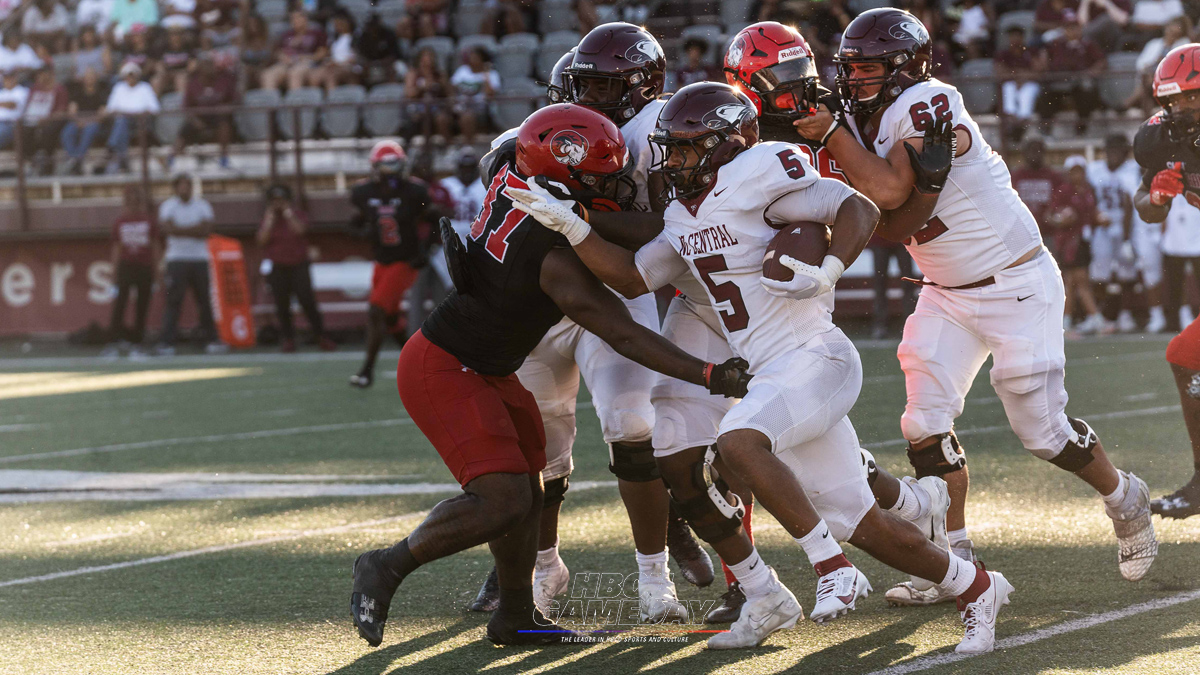The Board of Trustees meeting at HBCU North Carolina Central University in June highlighted several significant financial challenges facing the institution, particularly within its athletics program.
Akua Mathewson, CFO and Vice Chancellor for for Administration & Finance, Administration and FinanceNorth Carolina Central updated the Board of Trustees on several key issues impacting the school’s budget.
A significant issue arose from unfiled secondary insurance claims for student-athletes. The previous administration neglected to file these claims, leading to substantial unpaid bills, especially with Duke Health. This oversight left the university with a considerable financial burden, as the secondary coverage could no longer be utilized for many former athletes.

“Apparently under a different administration in athletics – the student insurance claims were not being filed,” Matherson explained. “So the university had to settle a fairly significant amount. And that had to come from the current expenditures for athletics.”
That total came out to $500,000 – a figure much lower than what was owed.
In addition to rectifying the previously unfunded claims, the athletics department struggled to stay within its budget, particularly regarding recruitment expenses. Coaches exceeded their recruitment budgets, contributing to the financial strain. This situation necessitated tighter controls, including the retraction of travel cards previously issued to coaches, to prevent further over-expenditures.
“We are also working with our coaches on adhering to the recruitment budget. So we had some recruitment expenditures that went over,” Matherson explained. “After looking at how charges were coming in, we needed to dial that back. So right now, the AD…manages that through athletics.”
Director of Athletics Dr. Skip Perkins stepped to the podium with Matherson to answer questions from the trustees. The duo spoke about the challenging ten-year contract with Peak Sports, which claimed 40 percent of all corporate sponsorship revenues. This agreement significantly hampered the university’s ability to generate sufficient revenue from sponsorships. Efforts to renegotiate or exit the contract have been unsuccessful, compounding the financial difficulties.
“We have signed a ten-year deal with a corporate sponsorship company…where they get 40% of all of our corporate sponsorship,” Perkins said. “We have had numerous meetings with them…they’re not going to let us out.”
The conversation, which was spurned by questions of the board of trustees, then turned into how much of a budget is needed to sustain a solid Division I program. Trustees questioned Matherson on how much was needed to be competitive in Division, and she shared that her estimate was close to $16-17 million to be competitive. The current levels, around $12-13 million, was the number given to Matherson by Dr. Perkins. That number is in line with the average of the other seven HBCU programs in the Mid-Eastern Athletic Conference, though Perkins acknowledged that this number is brought down slightly by the fact that two programs – Maryland-Eastern Shore and Coppin State University – do not play football.
Dr. Perkins made the case about how funding impacts winning in the MEAC.
“When we fund our sports correctly, we’re one of the top three hands down,” Dr. Perkins said. “The reason why the men’s programs (basketball, football etc.) is in the top three is because both of our sports are fully funded. We only have four sports We’re not fully funded and they are our worst sports.”
The North Carolina Central University is exploring various strategies to address the financial challenges, such as leveraging campus enterprises to raise funds that Peak Sports cannot claim. Additionally, there’s a push to optimize operational expenses and seek long-term financial planning to gradually restore the fund balance and ensure sustainability.
